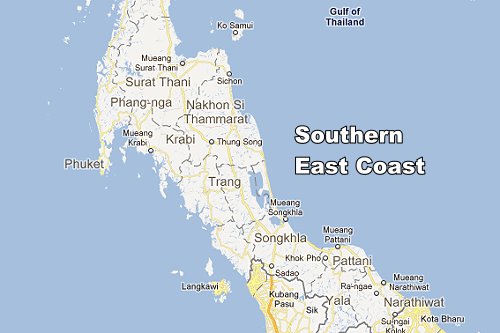 Thailand’s Energy Policy and Planning Office (Eppo) lines up community waste power projects
Thailand’s Energy Policy and Planning Office (Eppo) lines up community waste power projects
Government to issue licences for 400MW
03 October 2019
The government plans to issue operating licences for community waste power projects for a combined 400 megawatts of new power capacity during 2019-20.
Wattanapong Kurovat, director-general of the Energy Policy and Planning Office (Eppo), said the office is the project’s coordinator, working closely with the Interior Ministry and the private sector.
“We are conducting a feasibility study before seeking applications from private power companies,” he said.
“Licences for power from community waste will be granted for solid waste in metropolitan or high-density population areas, so industrial waste is not included.”
Mr Wattanapong said the projects fall under the latest version of the national power development plan (PDP) 2018-37, meant for power generated from renewable resources, including waste-to-energy, to account for 20% of the total capacity on the state grid.
The 400MW plan will be the second round of applications.
Eppo plans to grant operating licences during 2019-20 and each project must begin operation before 2022.
The first round started in 2015 and ended in 2018 with a combined capacity of 500MW.
Thailand generates 413MW from waste-to-energy power plants for solid and community waste.
Another 87MW is under construction with a feed-in tariff to sell electricity on the state grid at 3.21-5.6 baht per kilowatt-hour (unit) over 25 years of operation.
He said industrial waste for power generation has been granted operating licences for a combined capacity of 30.78MW at seven power plants, which are being constructed.
Mr Wattanapong said the government plans to revise the PDP to match changes in the economy and the rise of renewable energy.
The revised PDP has to emphasise renewable power generation from local resources such as agricultural waste and solid waste.
But the current version focuses on power generation from household solar panels, allocating 10,000MW.
“The solar power plan will be changed,” he said.
In related news, PTT Plc has enrolled as a liquefied natural gas (LNG) trader with the Energy Regulatory Commission to become a regional trader in line with the company’s business plan.
The current regulation on LNG trading is limited to importing and delivery by gas pipeline, but each operator cannot re-export the LNG.
PTT has tested LNG delivery by land transport for local distribution since 2018 when the gas supply from the Gulf of Thailand was interrupted.
Wuttikorn Stithit, PTT’s senior executive vice-president for gas business, said PTT is ready to provide LNG services with a trading plan for small-scale distribution through marine vessels and heavy-duty trucks.
PTT will develop a gas pipeline to feed LNG for the country’s power generation.
The company has already prepared manpower for the LNG trading plan, said Mr Wuttikorn.
Source: https://www.bangkokpost.com/business/1763694/eppo-lines-up-waste-power

